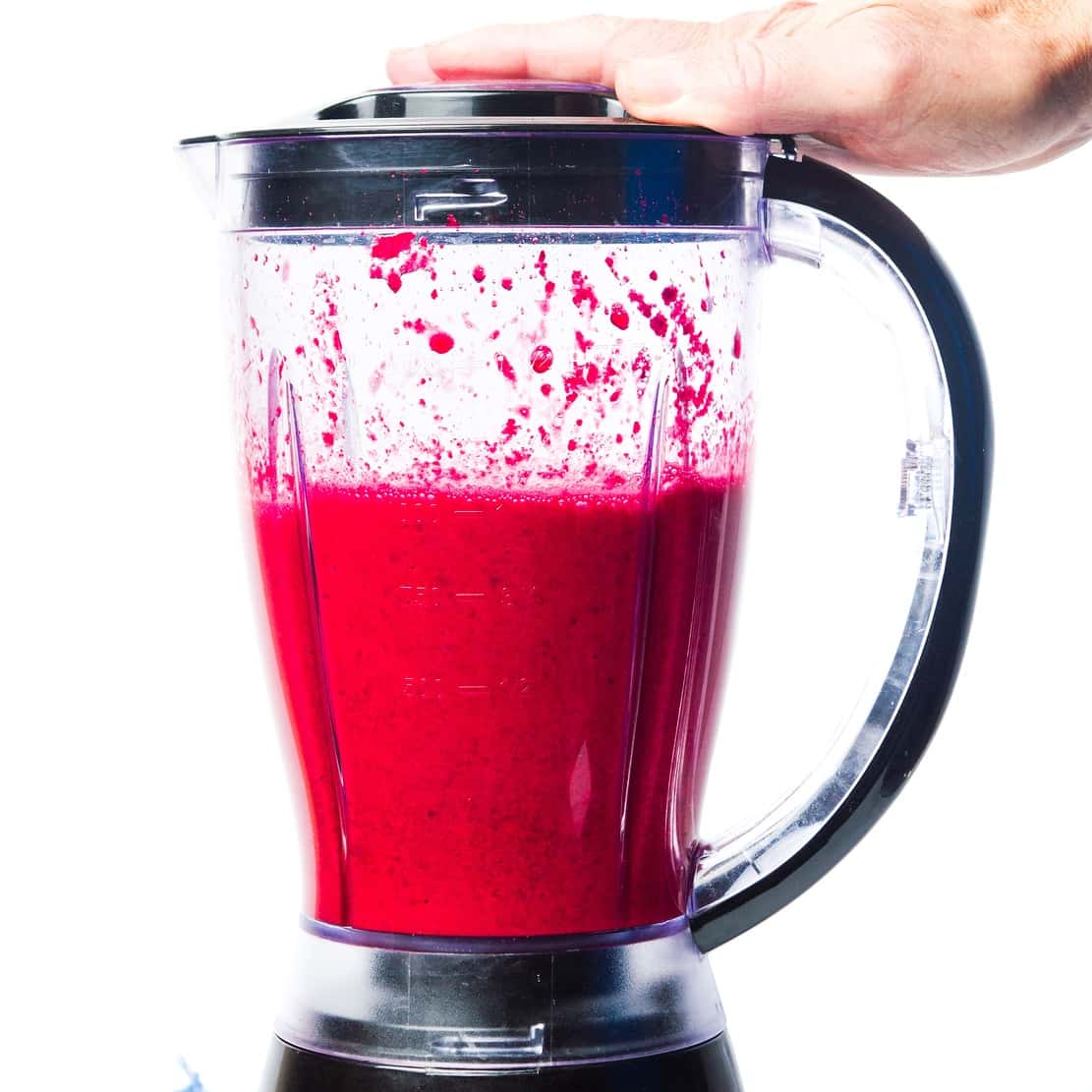
Is your blood pressure a bit high? You might want to consider adding a little beet juice to your morning smoothie. Although it seems improbable, a review of 11 randomized controlled trials shows that beet root juice can help lower blood pressure (Biomolecules, Nov. 2, 2018). Scientists believe that the benefits of beets result from the nitrate compounds in these vegetables. In the body, they are converted into nitrites, which in turn provide nitric oxide. This natural chemical relaxes blood vessels and lowers blood pressure.
What changes nitrates into nitrites? That is where oral bacteria and mouthwash come in.
How Mouthwash Could Affect the Benefits of Beets:
Q. I eat a lot of beets because I like them. Consequently, I was surprised to read on your website that they can help control blood pressure. Another surprise was that antiseptic mouthwash might raise blood pressure.
I’ve been spending rather a lot on a mouthwash that is supposed to kill germs and keep my gums healthy. Maybe I can save some money by dropping that off my shopping list.
Switching Mouthwash for Lower Blood Pressure:
A. Perhaps you could. First, though, please check with your dentist, since we don’t know your personal situation. People with serious periodontal disease might need a particular type of mouthwash to help control it.
Researchers have found, however, that antiseptic mouthwash that disrupts the oral bacteria seems to raise blood pressure modestly (Free Radical Biology & Medicine, Feb. 2013). They specify the link with the benefits of beets. Apparently, many bacteria in our mouths turn nitrates from vegetables like beets or spinach into blood-pressure lowering nitrites. Killing healthy bacteria means less nitrite and nitric oxide in the blood stream. As a consequence, blood pressure may drift upwards.
A recent review of studies concluded that “oral bacteria may play an important role in mediating the beneficial effects of nitrate-rich foods on blood pressure” (Nutrition Research Reviews, Dec. 7, 2020). Italian scientists suggest, in fact, that periodontal disease is associated with hypertension because the balance of bacteria in the mouth is disrupted (International Journal of Molecular Sciences, Oct. 13, 2020). Restoring that balance could be the first step to better blood pressure.
Citations
- Bonilla Ocampo DA et al, "Dietary nitrate from beetroot juice for hypertension: A systematic review." Biomolecules, Nov. 2, 2018. DOI: 10.3390/biom8040134
- Kapil V et al, "Physiological role for nitrate-reducing oral bacteria in blood pressure control." Free Radical Biology & Medicine, Feb. 2013. DOI: 10.1016/j.freeradbiomed.2012.11.013
- Alzahrani HS et al, "The role of dietary nitrate and the oral microbiome on blood pressure and vascular tone." Nutrition Research Reviews, Dec. 7, 2020. DOI: 10.1017/S0954422420000281
- Pignatelli P et al, "How periodontal disease and presence of nitric oxide reducing oral bacteria can affect blood pressure." International Journal of Molecular Sciences, Oct. 13, 2020. DOI: 10.3390/ijms21207538

